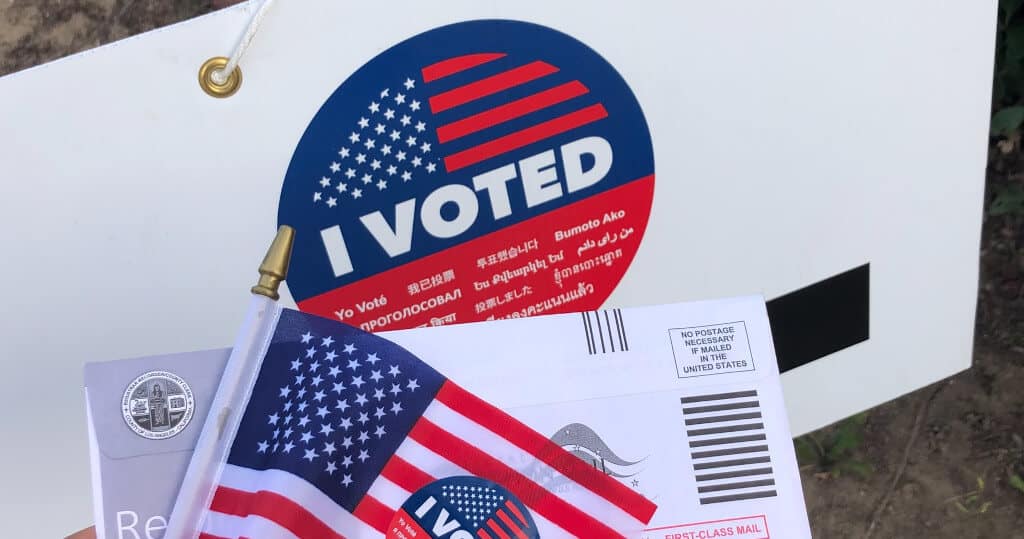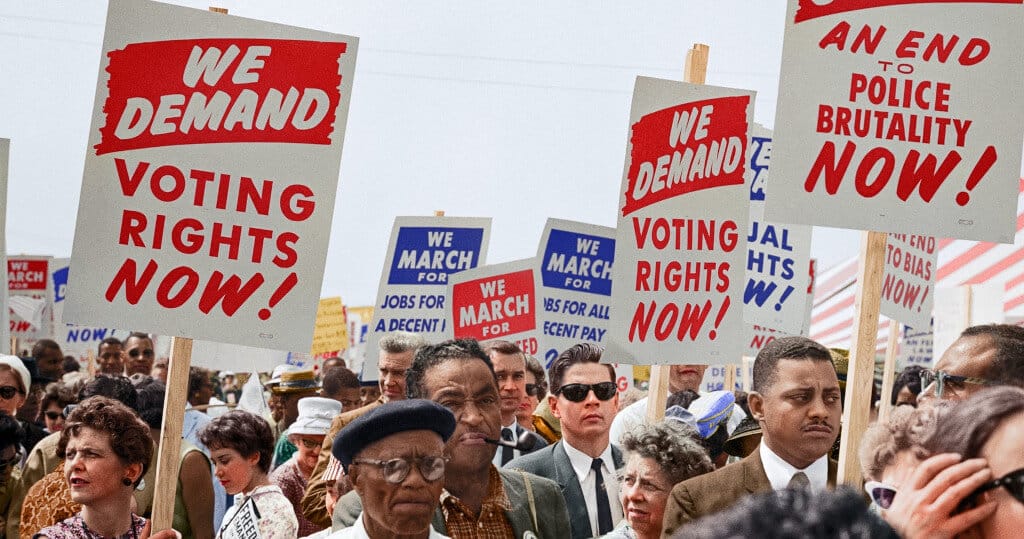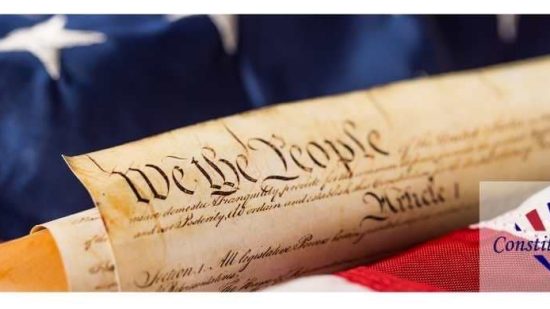What Is the Twenty Fourth Amendment?
Section One of the 24th Amendment to the United States Constitution, ratified on January 23, 1964, asserts that United States citizens have the right to participate in voting in any primary or other election for President or Vice President.
For Representatives of Congress, Senators, electors for President or Vice President, voters shall not be invalidated due to not paying a poll tax or any other taxation by any State or the United States.

Section Two of the Amendment states that Congress can enact the Article through the appropriate legislation.
The Interpretation
Most of the discriminatory laws managed to be terminated with the 13th Amendment, 14th Amendment, and 15th Amendment ratification. These laws were there from the slavery era, but not all the forms of discrimination were eliminated.

The Twenty Fourth Amendment to the United States Constitution was ratified on January 23rd, 1964.
The main reason the amendment was endorsed was the injustice that prevented citizens from voting in the form of a poll tax.
This poll tax was a fee imposed by states to disenfranchise certain people.
Poll Tax Used as a Weapon
The poll tax was a way of stripping African American voters and other ethnic groups, who could not pay the tax, of their voting rights. These groups were low-income earners and simply couldn’t afford it.

Apart from the poll tax, other forms of discrimination were durational residency requirements and literacy tests.
This made it impossible for some people to participate in elections. These discriminatory laws were eventually brought to an end by the Supreme Court, which allowed low-income earners to vote despite not paying the poll tax.
The History Behind Ratification of the 24th Amendment
The decision of who qualified to vote was left to the state since the Constitution couldn’t dictate it.

However, the House of Representatives members were guaranteed that the citizens would vote for the state’s lower legislative chamber members. Voter qualifications remained primarily left to the discretion of each state legislature.

Get Smarter on US News, History, and the Constitution
Join the thousands of fellow patriots who rely on our 5-minute newsletter to stay informed on the key events and trends that shaped our nation's past and continue to shape its present.
Property owners had the right to vote when the Constitution was ratified. After some time, some states halted property ownership voting and instead required a poll tax payment for the right to vote.
Although poll taxes are often associated with the southern states, several northern and western states also implemented them as a prerequisite for citizens to exercise their voting right.

For example, California, Connecticut, Maine, Massachusetts, Minnesota, New Hampshire, Ohio, Pennsylvania, Vermont, and Wisconsin all had poll taxes.
Changes Through The Ages
By the mid-nineteenth century, it was free white men who now had the right to vote. However, the 15th Amendment changed this, allowing all male citizens to vote regardless of race or color.

In 1889 a new set of laws introduced literacy tests and disqualified felons from voting, while the poll tax was reintroduced.
However, poll taxes became a burden as some people did not or could not pay. Some jurisdictions required voters to pay before elections, and others stipulated that they present receipts during elections.
By 1962, the poll tax was becoming irrelevant, and many states ended the practice. The rise of the civil rights movement was instrumental in the demise of the poll tax.
President John F. Kennedy
President John F. Kennedy agreed to endorse a ban on literacy tests and poll taxes during his State of the Union address.

After failed attempts and continuous struggle for the constitutional amendment, Congress proposed the Twenty Fourth Amendment in 1962.
Its subsequent ratification in 1964 permanently ended the requirement to pay the poll tax to participate in a federal election.



